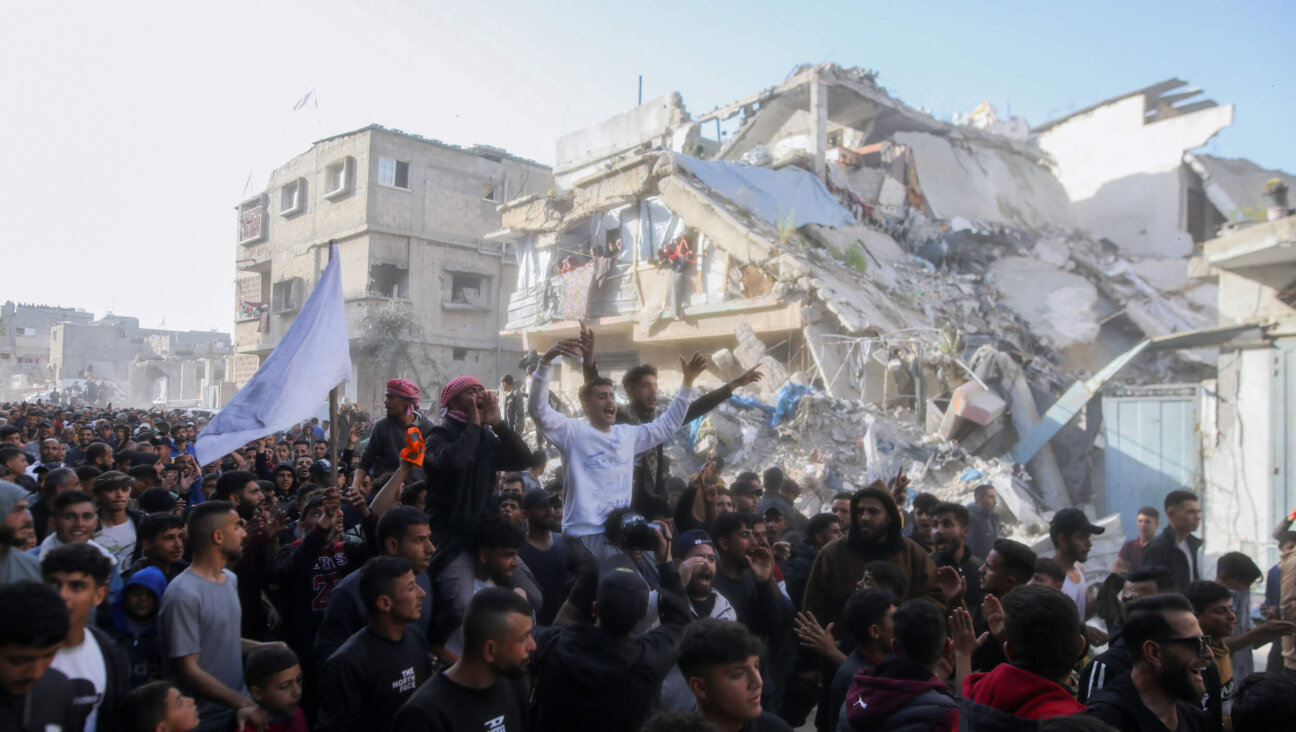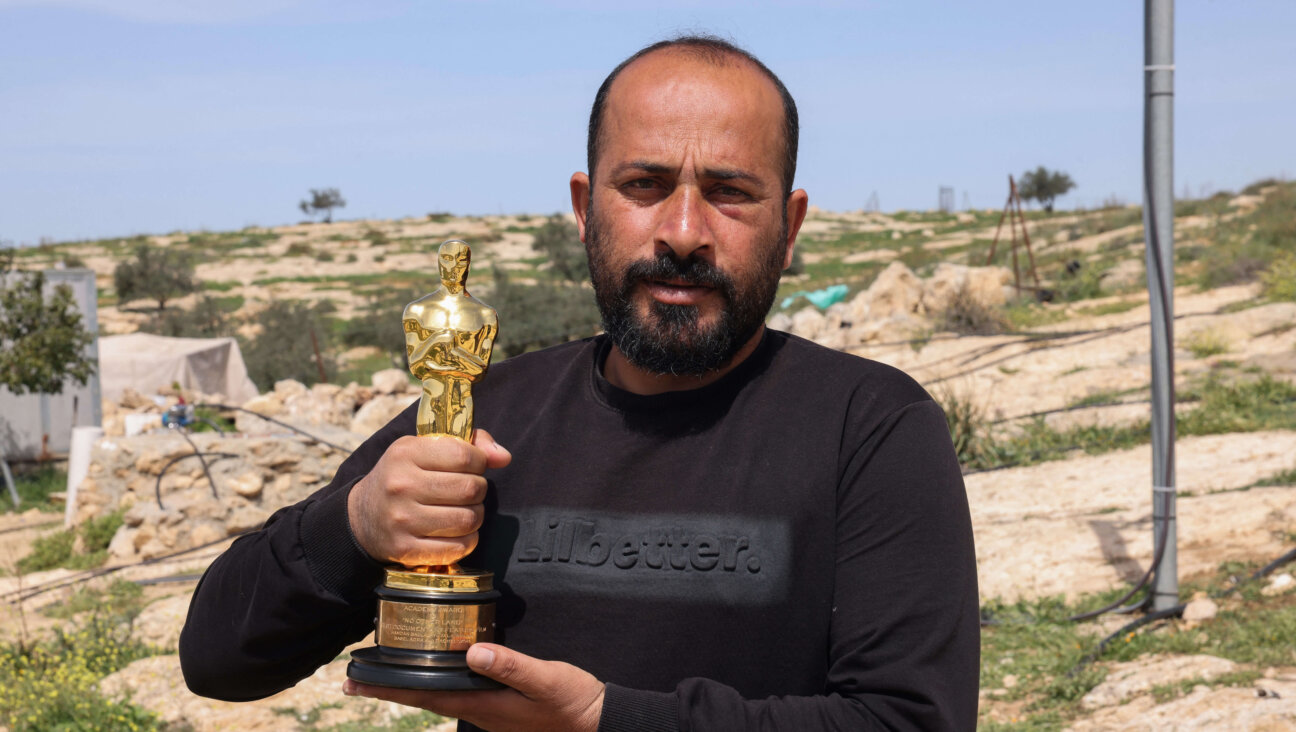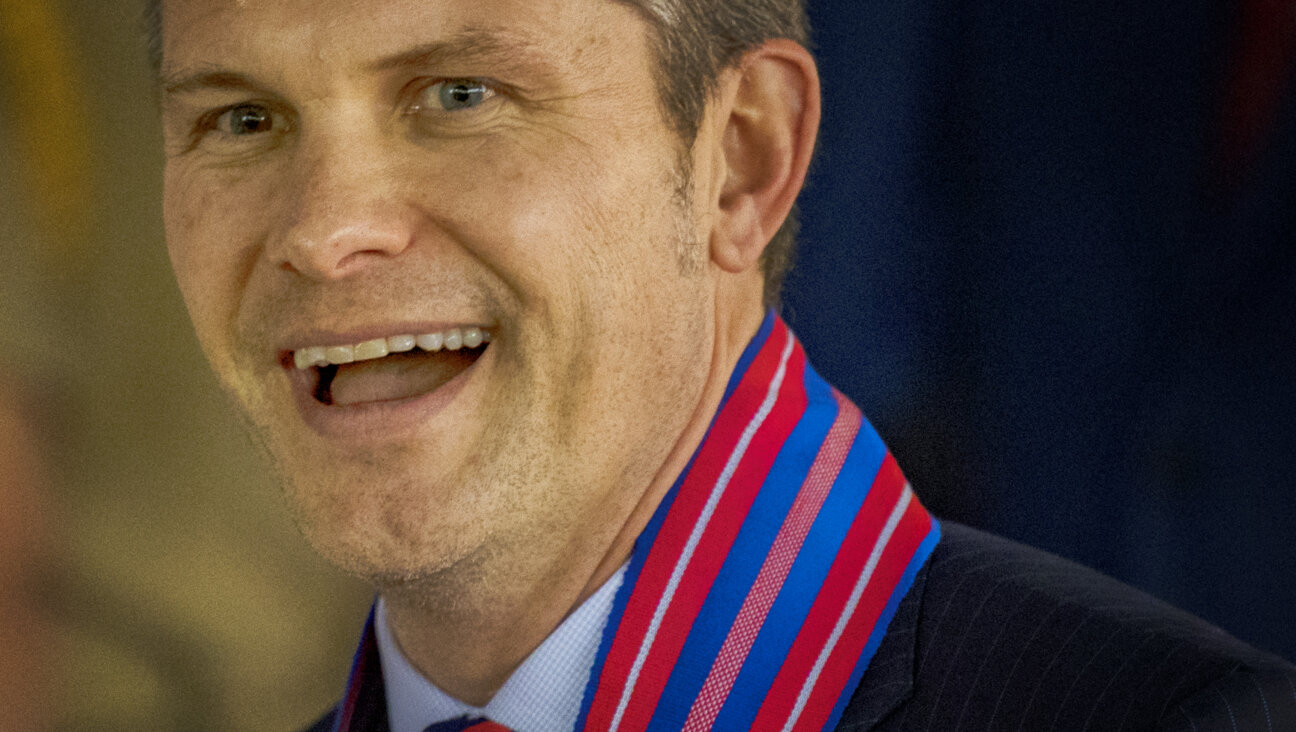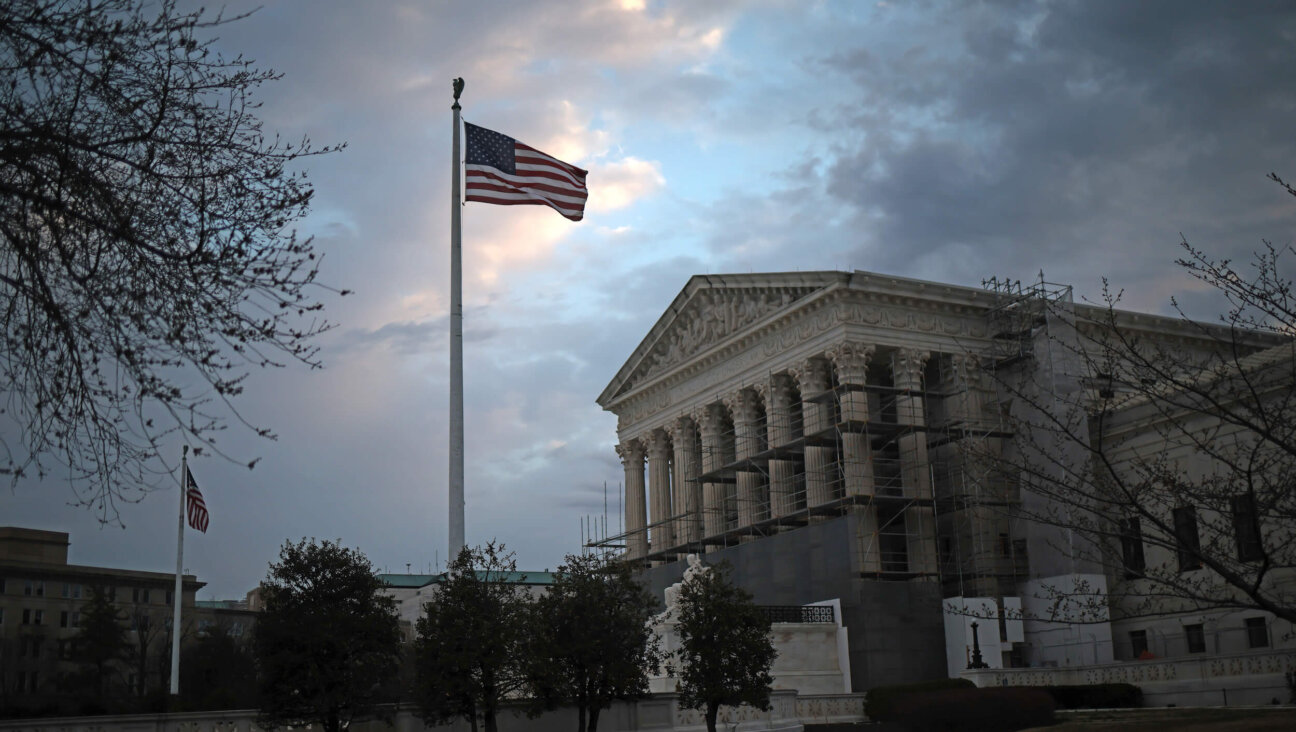‘Russian’ Immigrants, In Search of a Communal Identity
In Russia we were called “Zhids.” Here in America we are called “Russians.”
Why is it that no one, including ourselves, seems to be calling us what we are: Jews?
At the first annual “Russian Heritage Week,” held in June in New York with Mayor Michael Bloomberg’s blessing, the best and brightest of our community were paraded around as modern-day immigrant success stories. No longer the stereotypes of petty businessmen from Brighton Beach, brutal mobsters and gorgeous blondes of easy virtue, the festival showcased our community of educated, intelligent, industrious people who have succeeded in a broad variety of fields.
To judge by the heritage-week festivities, our community has finally made it in America. We were being officially baptized as Russian — not Russian-speaking, not Russian-language; even the quotation marks around “Russian” were being removed.
The only problem is, that is not who we are.
The so-called Russians here in America are actually Jewish refugees from 15 former Soviet republics, among them Georgian, Bukharian and Mountain Jews, who do not consider Russian their native language. The Ukrainian, Georgian, Azerbaijani and other “brotherly Soviet” people who have made it to America, with or without Jewish families, are similarly uneager to find themselves once again under the watchful eye of Big Brother Russia.
Of course, ethnic Russians have come to America along with Jews, but Jews still constitute the overwhelming majority of our community. Moreover, there is a real Russian community in America — descendants of people who immigrated after the Bolshevik Revolution in 1917, or after World War II. These Russians probably do not have the slightest idea about the heritage week held in “their” honor.
Now, we have no need or interest to go out of our way to separate ourselves from non-Jewish Russians living here in America, our former Soviet “brothers” and “sisters.” Nevertheless, we did not come here to join them in a state within a state, a kind of mini-Soviet Union on American soil.
Our goal has always been to join a different group: American Jewry.
Soviet Jews were not ethnic Russians that believed in Judaism, but rather ethnic Jews whose religious and cultural roots were ripped up by an anti-religious, antisemitic empire. Here in America we have tried to face and fight the consequences of that forced assimilation by attempting to revive our national pride and reclaim our Jewish heritage.
We all remember how offended we felt during the early years of immigration, when people called us “Russians” — by American Jews, in order to distinguish us from Polish, German, Iraqi and other fellow Jews; by American gentiles, because Russian was the common conventional term for all Soviet peoples.
Now, with the annual “Russian Heritage Week” — not to mention a planned annual parade akin to those held by other nationalities — a conventional term has become the official name for our community. In the process, we have been transformed from Jewish refugees who were forced to flee oppressive Russia into Russia’s cultural ambassadors here in America.
This sad metamorphosis was on display for the whole city to see at a heritage-week reception held at the mayor’s Gracie Mansion residence, where VIPs were greeted by Jewish girls in Russian costume, Russian caviar and vodka were served, and the Russian consul was the life of the party.
Perhaps most disturbing is the rush by Jews who fled forced assimilation in Russia to assimilate once again into Russian culture, this time here in America. Why are we so eager to take on a name that we associate with oppression as much as African Americans associate the term “Negro” with slavery?
The table talk in our community has yielded numerous reasons for the rush to assimilate. A popular conspiracy theory has it that Kremlin emissaries are methodically and cunningly transforming us into a powerful Russian lobby. The idea of a cultural vacuum has also gained currency, arguing that Stalin’s savage campaign against Jewish intellectuals resulted in Soviet Jewry’s involuntary attachment to the domineering Russian culture.
The only theory that matters, though, is the one of America as the land of opportunity. With opportunity, however, comes responsibility.
The responsibility for creating a communal identity is ours and ours alone. We need to be asking ourselves what kind of life we, Jews from the former Soviet Union, want here in our new home.
We can start by finding a more appropriate name for our community.
Leah Moses is a staff writer for the Russian-language Forward.
The Forward is free to read, but it isn’t free to produce

I hope you appreciated this article. Before you go, I’d like to ask you to please support the Forward.
At a time when other newsrooms are closing or cutting back, the Forward has removed its paywall and invested additional resources to report on the ground from Israel and around the U.S. on the impact of the war, rising antisemitism and polarized discourse.
Readers like you make it all possible. We’ve started our Passover Fundraising Drive, and we need 1,800 readers like you to step up to support the Forward by April 21. Members of the Forward board are even matching the first 1,000 gifts, up to $70,000.
This is a great time to support independent Jewish journalism, because every dollar goes twice as far.
— Rachel Fishman Feddersen, Publisher and CEO
2X match on all Passover gifts!
Most Popular
- 1

Film & TV What Gal Gadot has said about the Israeli-Palestinian conflict
- 2

News A Jewish Republican and Muslim Democrat are suddenly in a tight race for a special seat in Congress
- 3

Culture How two Jewish names — Kohen and Mira — are dividing red and blue states
- 4
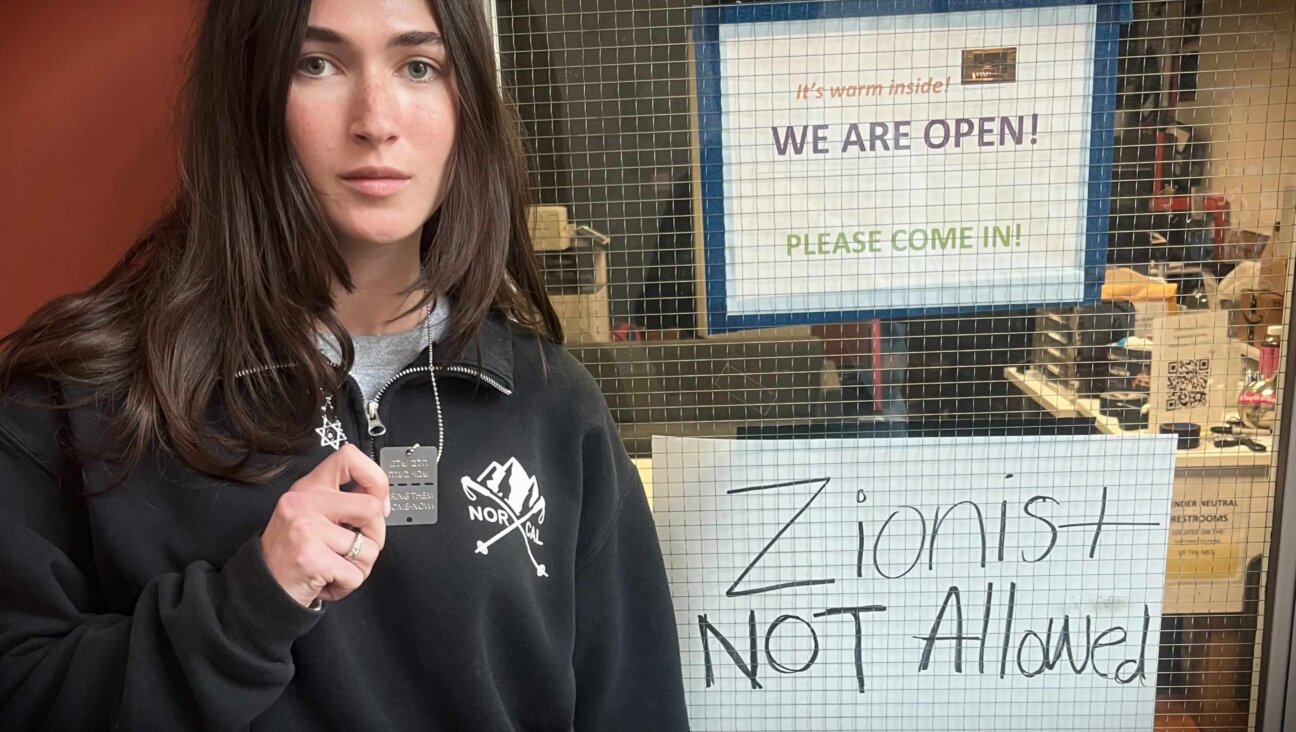
Opinion Is this new documentary giving voice to American Jewish anguish — or simply stoking fear?
In Case You Missed It
-
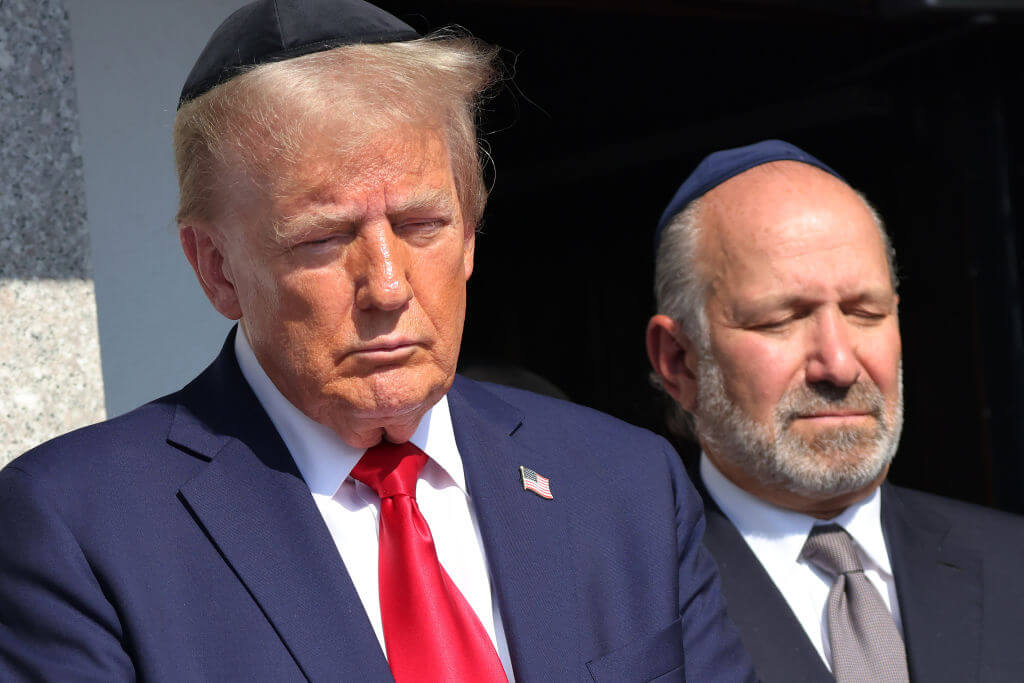
Fast Forward Trump’s plan to enlist Elon Musk began at Lubavitcher Rebbe’s grave
-
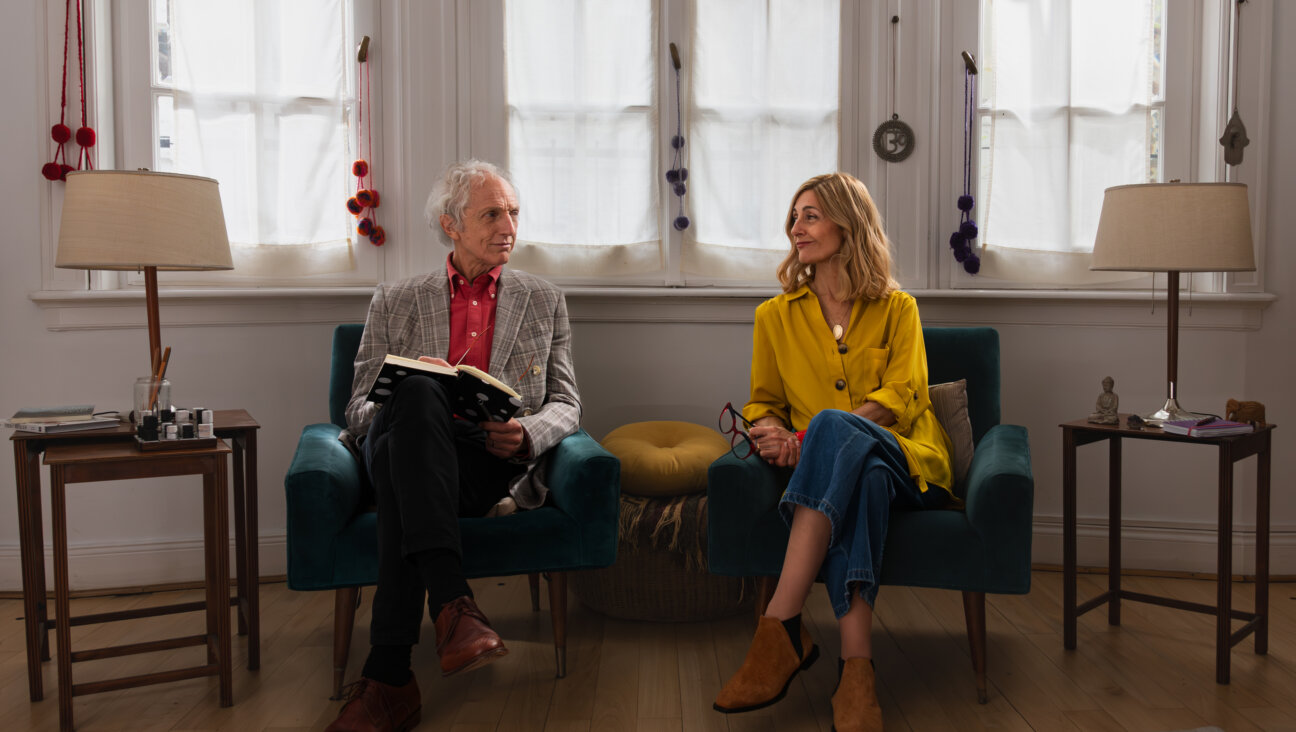
Film & TV In this Jewish family, everybody needs therapy — especially the therapists themselves
-
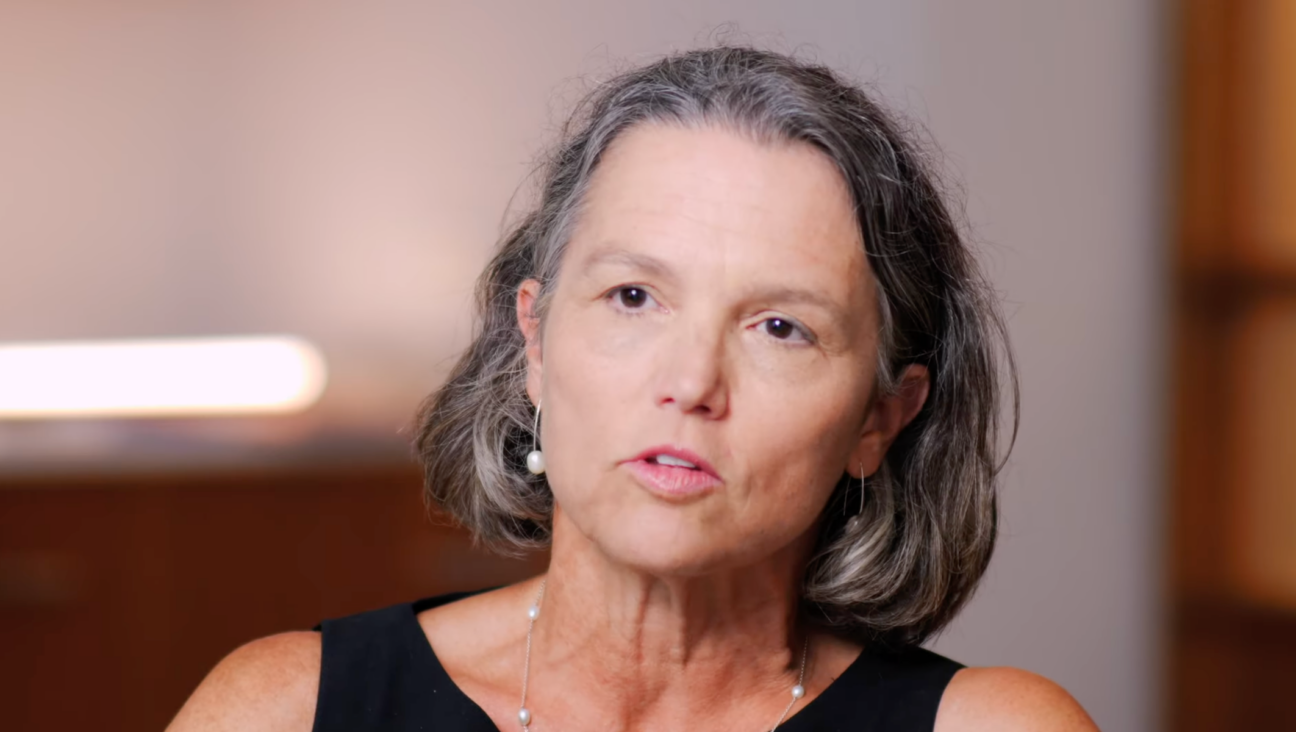
Fast Forward Katrina Armstrong steps down as Columbia president after White House pressure over antisemitism
-
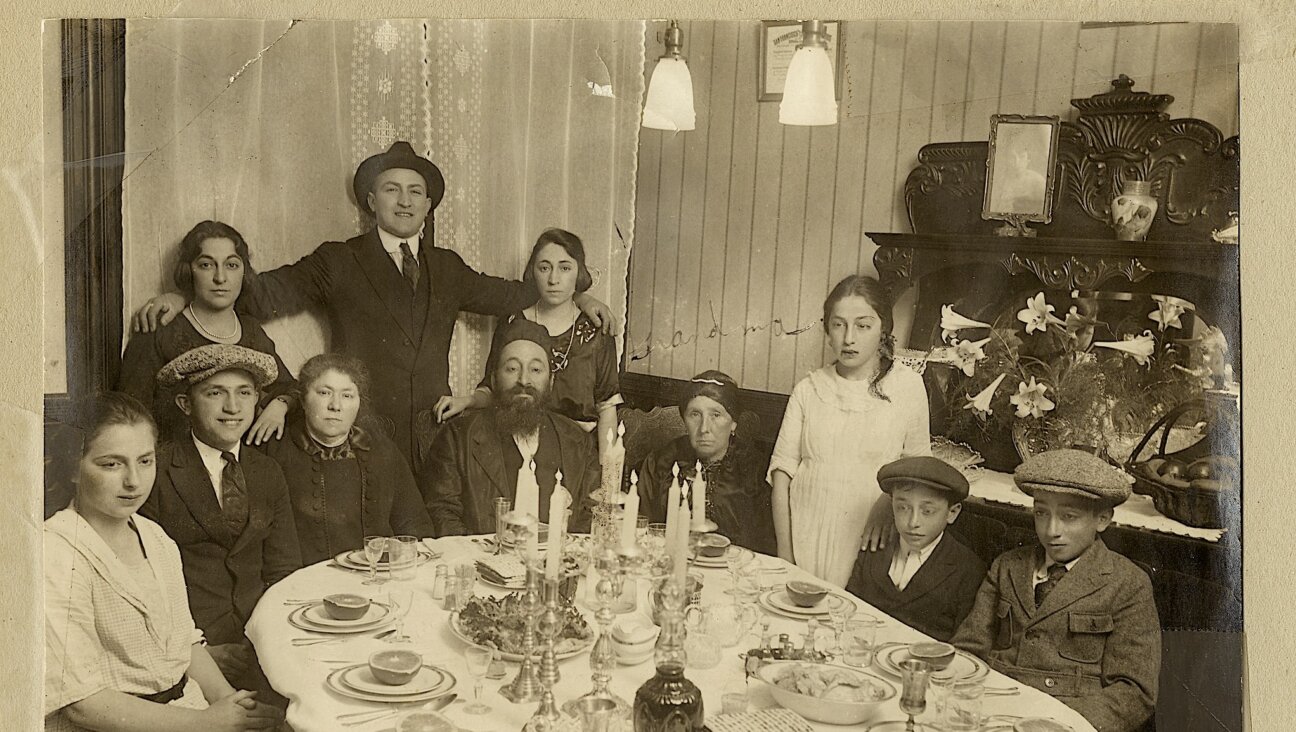
Yiddish אַ בליק צוריק אויף די פֿאָרווערטס־רעקלאַמעס פֿאַר פּסח A look back at the Forward ads for Passover products
קאָקאַ־קאָלאַ“, „מאַקסוועל האַוז“ און אַנדערע גרויסע פֿירמעס האָבן דעמאָלט רעקלאַמירט אינעם פֿאָרווערטס
-
Shop the Forward Store
100% of profits support our journalism
Republish This Story
Please read before republishing
We’re happy to make this story available to republish for free, unless it originated with JTA, Haaretz or another publication (as indicated on the article) and as long as you follow our guidelines.
You must comply with the following:
- Credit the Forward
- Retain our pixel
- Preserve our canonical link in Google search
- Add a noindex tag in Google search
See our full guidelines for more information, and this guide for detail about canonical URLs.
To republish, copy the HTML by clicking on the yellow button to the right; it includes our tracking pixel, all paragraph styles and hyperlinks, the author byline and credit to the Forward. It does not include images; to avoid copyright violations, you must add them manually, following our guidelines. Please email us at [email protected], subject line “republish,” with any questions or to let us know what stories you’re picking up.







